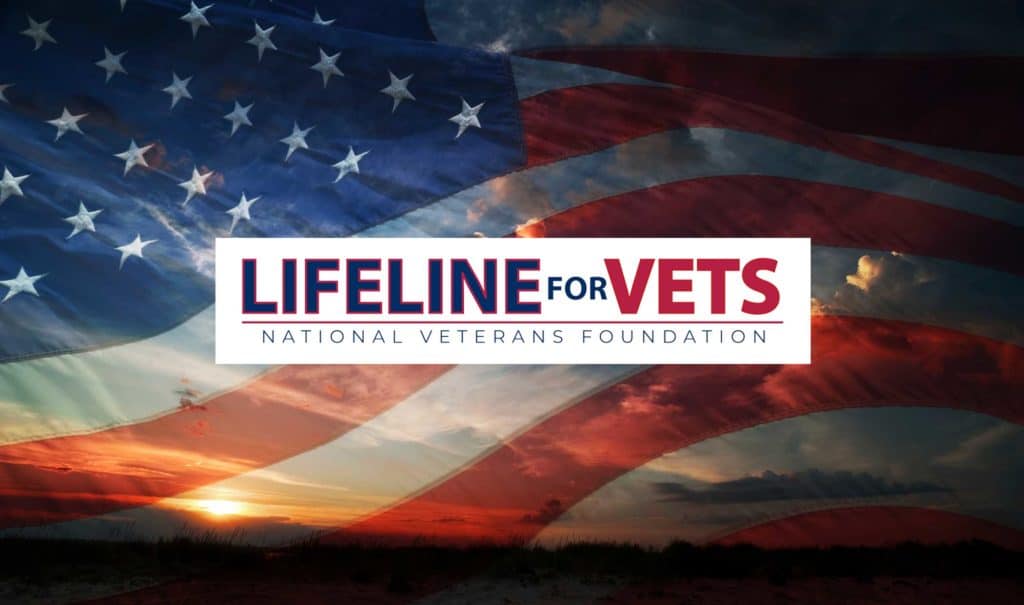More than a Day of Remembrance
Veterans Day is next Tuesday. Our nation has seen twelve years of combat in Iraq and Afghanistan. The war has been present, but perhaps at a safe distance for those who haven’t had someone close to them in harm’s way. One thing is clear: it’s going to take all of us to bridge the civilian/military divide and completely reintegrate our warriors back into our society.
This reintegration is not a new process. I’ve been working with veterans’ “coming home” since the Vietnam War.
If my experience of counseling veterans from Vietnam through Afghanistan could be summed up in just seven minutes, this video, www.nvf.org made as part of a series from Cal Humanities, does a pretty good job. I encourage you to go watch it and the others in “War Comes Home” if you’re really interested in understanding the veteran experience.
Just over eighteen months ago, Ralph Lewin, then CEO of the non-profit Cal Humanities, www.calhumanities.org called me in to meet with his board for a new project, “War Comes Home, a multi-year initiative. Cal Humanities’ mission is “to connect Californians to ideas and one another in order to understand our shared heritage and diverse cultures, inspire civic participation, and shape our future.”
The War Comes Home project offers hundreds of events—discussions, exhibits, school curriculum, and online resources—presented across the state of California in libraries, high schools, universities, community centers and other venues. The point? To “provide Californians an opportunity to consider our responsibilities – both civic and personal – to those who bear the direct consequences of what it means to engage in war.”
Communities will be invited to explore some tough questions:
- What do we owe to those whom our country has sent into harm’s way?
- What do we mean by honor and what do we owe our troops?
- How can we build bridges of understanding between those who have served and those who have not?
- In addition to the parents, wives, husbands, children, relatives, and friends who must create a new sense of home for those who return, how can we all welcome veterans home in a way that is helpful and meaningful?
- What does it mean to call someone a hero when we have not heard his or her personal story?
If you could listen in on the NVF’s LifeLine for Vets for even part of a day, you’d realize the huge importance of that last one. In order to heal, veterans need to tell their stories, and those of us listening need to learn about the realities of those who welcome these vets home.
The National Veterans Foundation salutes and supports this initiative. This Veterans Day, let’s make it more than a day of remembrance. Let’s open this critical dialog with ourselves, and with the men and women who answered their country’s call by serving in our military.
If you know a veteran who needs help, here’s our LifeLine for Vets number: 888.777.4443
You can be a part of our mission to help Veterans by making a tax-deductible donation!
About the Author
SUBSCRIBE TO OUR BLOG AND NEWS!
By submitting this form, you are granting: NATIONAL VETERANS FOUNDATION INC permission to email you. You may unsubscribe via the link found at the bottom of every email. (See our Email Privacy Policy for details.)
Related Posts




